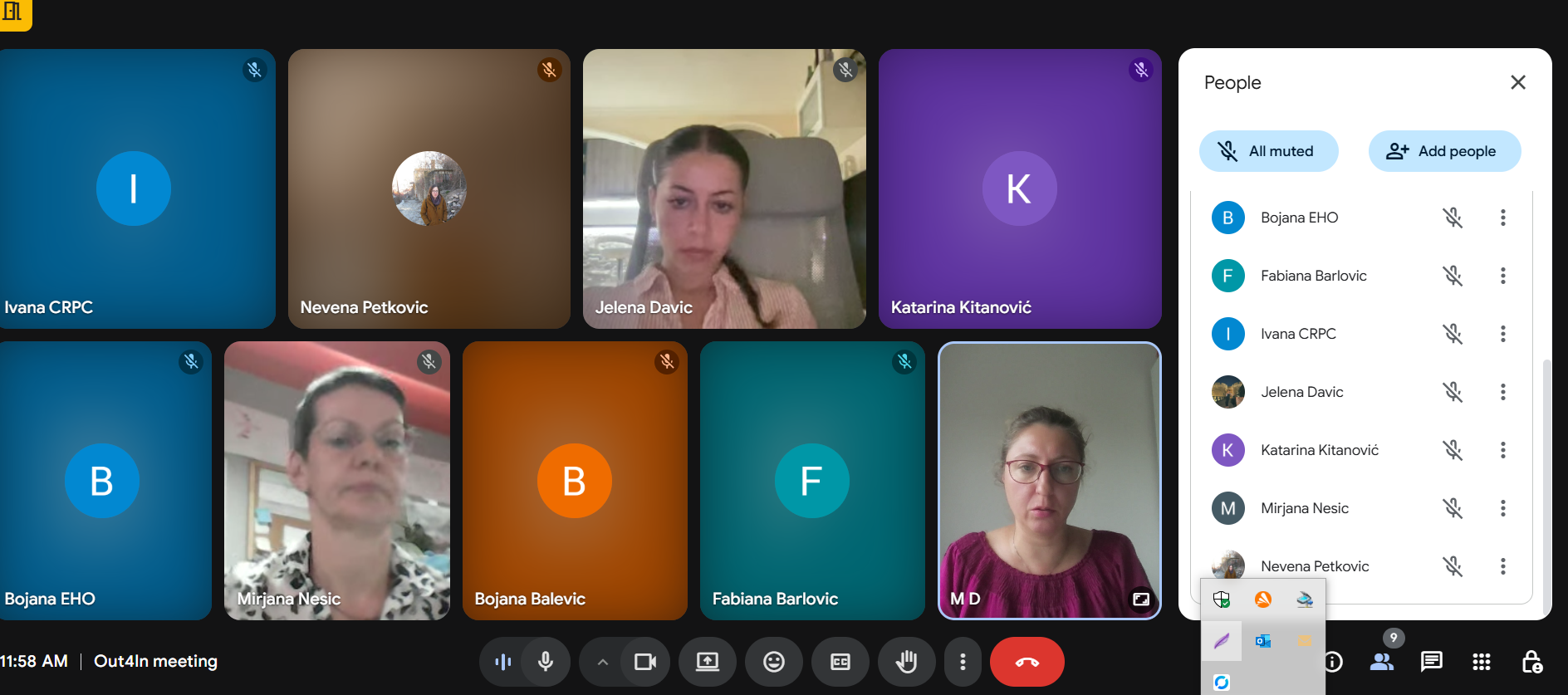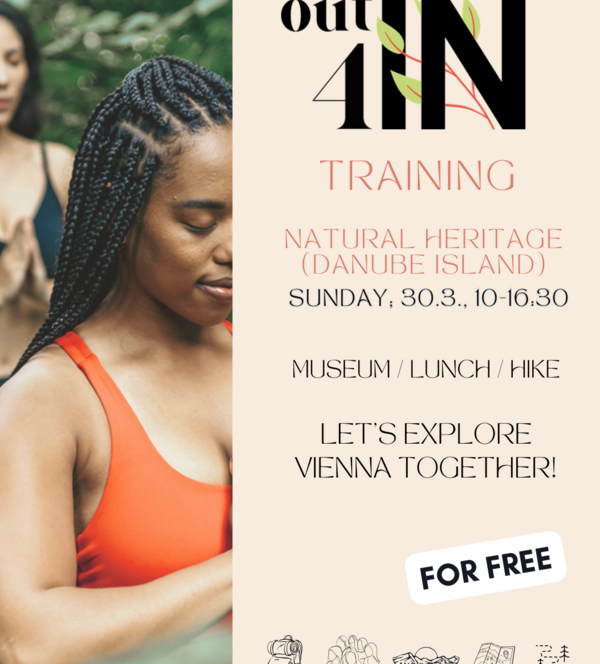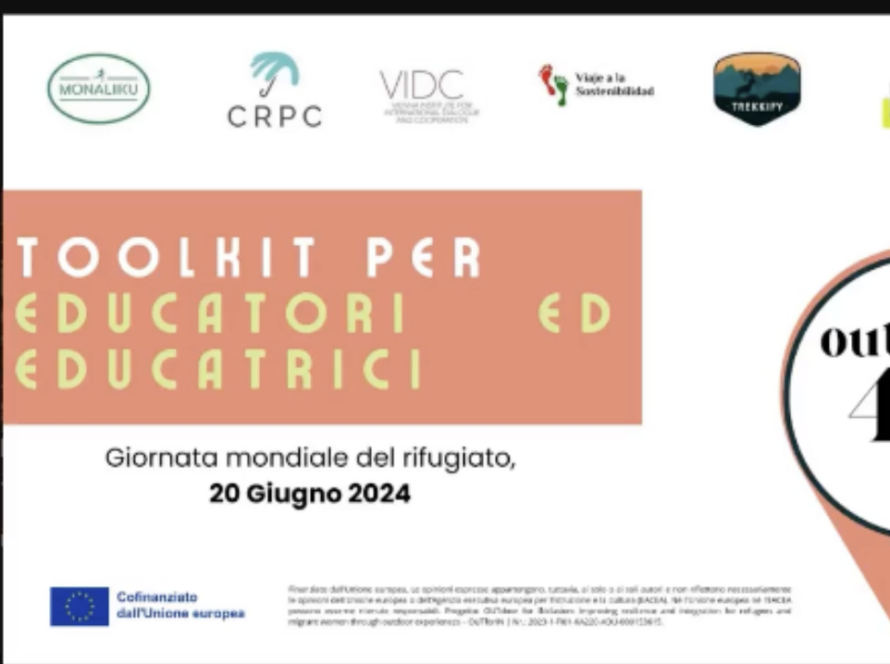Belgrade, July 17, 2025 – The second focus group discussion brought together representatives from various NGOs to share experiences and insights on organizing outdoor activities for refugee and migrant women in Serbia. The session explored the challenges and successes of such initiatives, offering recommendations to improve accessibility and participation. Participants discussed how factors such as accommodation type, cultural and national background, employment status, and family responsibilities significantly impact women’s engagement in community activities. A major concern raised was the limited participation of women living in private accommodations, who are often forced to settle on the outskirts of cities, due to rising rental prices.
The geographic isolation, combined with work commitments and childcare responsibilities, poses a serious barrier to their involvement in group activities. Despite these challenges, several successful examples of community engagement were shared. These included refugee women participating in the Belgrade Marathon, a long-running women’s football group, and “afternoon park parties” that combined yoga, games, and social time for both women and their children.
Notably, the football group was highlighted as an empowering experience, especially for women from countries where participation in sports was previously restricted or discouraged. To ensure safety during physically demanding outdoor activities—such as hiking, walking tours, or sports events—the group recommended closer coordination with local health centers. Having medical support readily available can help reduce risks and encourage broader participation.
A key takeaway from the discussion was the importance of supporting autonomy and personal initiative. While initial outreach by NGOs remains essential, long-term integration depends on empowering women to take active roles in their communities. Encouraging women to take the first step—to join, engage, and participate—was seen as a cornerstone of successful integration efforts.
As the discussion concluded, participants reaffirmed the importance of building inclusive, accessible, and empowering spaces for refugee and migrant women, while continuing to break down logistical, cultural, and structural barriers to participation.



